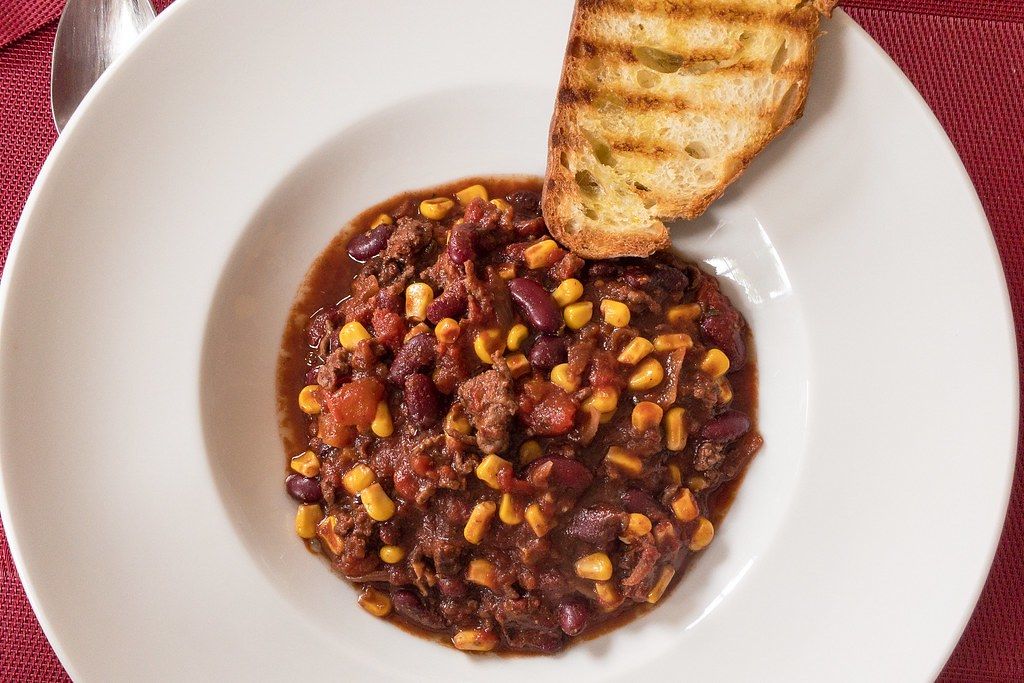
Your food choices can reveal which generation you belong to. Food serves as a bridge connecting past eras and cultural backgrounds. However, the food preferences of Millennials and Baby Boomers seem to be worlds apart. Baby Boomers are fond of classic dishes and the time-honored traditions they are familiar with, while Millennials lean toward fresh, healthy lifestyles. Let’s delve into this fascinating debate about dietary differences.

The Baby Boomer generation seems to have a particular fondness for the peculiar metallic taste and texture of canned vegetables. Especially during the heyday of canned vegetables, they symbolized the convenience of modern life. Busy families viewed canned vegetables as an ideal choice for quick, hassle-free “balanced” meals. However, for Millennials, opening a can of vegetables doesn’t seem very appealing.Millennials prefer the crisp texture and nutritional value of fresh vegetables.
The contrast couldn’t be more obvious. While Baby Boomers might take pride in shelves stocked with canned goods, Millennials share photos of kale salads and avocado toast online.
When it comes to dining out, Baby Boomers typically prefer restaurants like Applebee’s, Chili’s, and Olive Garden. These establishments offer a comfortable and reliable dining experience no matter where you are in the United States. They are also convenient for dining with family and friends, as the menu remains consistent.Millennials, on the other hand, prefer locally owned independent restaurants that offer unique dishes and ambiance. The dining preferences of these two generations are starkly different.
Disliking chain restaurants is not just a matter of taste; it also involves values. Millennials today are more inclined to support local small businesses rather than large chain companies. With the rise of food culture, they seek meals that are truly worth sharing on Instagram.

The choices for fast food are also completely different. For example, casseroles made with cream soup or instant rice were comfort food for the baby boomer generation. These foods changed cooking methods after the war and helped housewives prepare meals quickly. At that time, many people liked tuna casserole or jellied salad. Today, these ingredients are rarely used in the kitchens of millennials.Concerns about salt and artificial flavorings have led people to avoid such foods.
Millennials prefer to make their own sauces or use fresh ingredients. Today, using canned cream soup as a base seems no longer feasible.
When it comes to cooking, the Baby Boomer generation often boiled vegetables until they were soft and flavorless.They practically boil them until every last bit of crispness and freshness is gone. As a result, many of their children grew up disliking vegetables. However, the millennial generation has changed the way people cook vegetables. A popular dish is sprouts roasted with balsamic sauce, and roasted zucchini sprinkled with a little sea salt is also highly favored.
Recipe details: Roasted Baby Vegetables
Level: Unknown Servings: 12
Total weight: 230.8 g Calories: 403.5 kcal
Energy: 403.5 kcal Protein: 8.2 g
Carbs: 32.0 g Fat: 28.4 g
Dish Tags: mediterranean, main course, lunch/dinner, Low-Sodium, Sugar-Conscious, Low Potassium, Kidney-Friendly, Keto-Friendly, Vegan, Sulfites
Ingredients:
2 bags mixed fresh baby vegetables (32 oz. each, I get these from Costco)
3 tablespoons dried basil
1 1/2 tablespoons dried oregano
2 tablespoons olive oil
2 teaspoons kosher salt
Get the recipe: Roasted Baby Vegetables

For many Baby Boomers, a meal without enough meat just doesn’t feel complete. Steak, meatballs, or bacon—they seem to really love these foods. This love for meat can be traced back to the past, when meat symbolized wealth and health. However, Millennials view meat as a choice rather than a necessity.
Millennials are more inclined to try foods like lentils, tofu, and Beyond Burgers. They occasionally enjoy steak but consider environmental and health factors. This is simply about finding balance and moderation in their diets.
Do you remember those classic restaurant breakfasts? Fried eggs, bacon, and sausage? Baby boomers believed these breakfasts were the best way to start the day. When breakfast was called “the most important meal of the day,” they believed it wholeheartedly. But millennials aren’t buying it and prefer quick and convenient breakfast options.
Today’s young people might skip breakfast altogether or grab something quick and light. Smoothies, granola bars, or avocado toast are often their go-to options, as hearty breakfasts no longer fit the fast-paced modern lifestyle.

Millennials have their own unique food culture. This includes plant-based diets and sustainable choices, or creating the perfect Instagram-worthy dishes. Perhaps decades from now, Gen Z will be writing articles about food. The foods that millennials love today may be despised by Gen Z tomorrow. History has a funny way of repeating itself.
Related posts:
11 Values Millennials Think Are Important But Mean Very Little To Older Generations
21 Things Gen Z Wishes Millennials Would Stop Doing
Boomer Eating Habits That Need to Die Off

Roasted Baby Vegetables
Ingredients
- 2 bags mixed fresh baby vegetables
- 3 tablespoons dried basil
- 1 1/2 tablespoons dried oregano
- 2 tablespoons olive oil
- 2 teaspoons kosher salt
Instructions
- Preheat oven to 425 degrees.
- Wash vegetables. Place in a large bowl. Toss with olive oil to lightly coat vegetables. Toss with dried basil and dried oregano.
- Place on 2 large baking sheets. Sprinkle kosher salt on top, distribute evenly.
- Roast 20-25 minutes until vegetables are cooked and start to brown very slightly.
- A NOTE: These can be made early in the day and warmed before serving.




